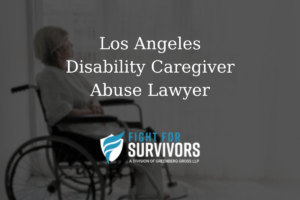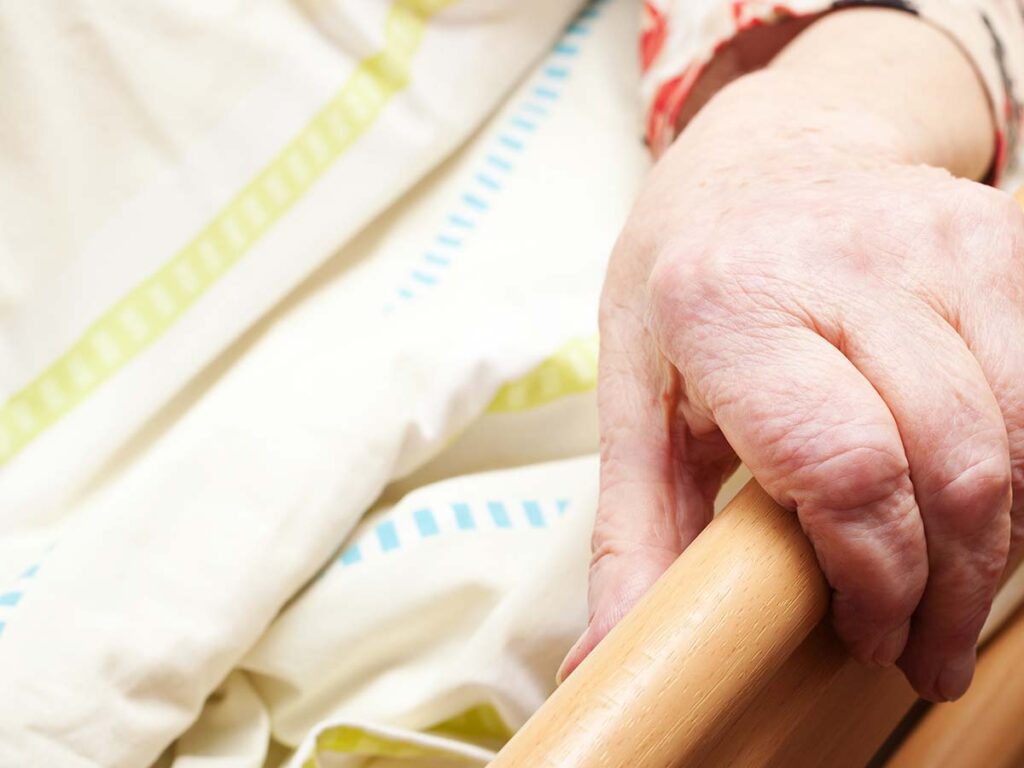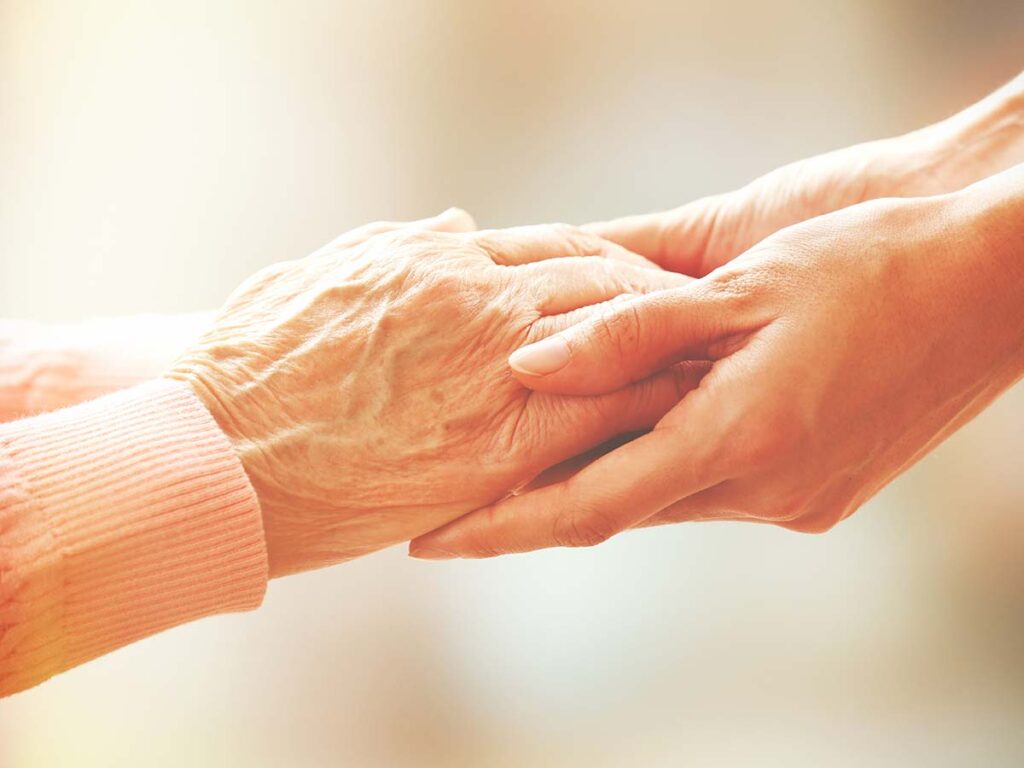
Los Angeles Caregiver Abuse Lawyer
In Los Angeles, thousands of elderly and dependent adults rely on caregivers for daily assistance, medical support, and safe living conditions. When that trust is broken through abuse, neglect, or exploitation, the results can be life-altering and sometimes even life-threatening. Whether the mistreatment occurs in private homes, care facilities, or skilled nursing settings, the abuse of vulnerable individuals must be addressed with urgency, compassion, and strength.
Greenberg Gross LLP is a law firm committed to advocating for the rights and safety of dependent adults and elderly individuals across Los Angeles County. If you suspect elder abuse or caregiver misconduct, taking swift legal action is vital—not only for justice but also for the protection of others in similar situations.

Understanding the Abuse of Dependent Adults in Los Angeles
California law defines a dependent adult as any person aged 18 to 64 who has physical or mental limitations that restrict their ability to protect their own rights or carry out normal activities. These limitations may include mental health issues, mobility impairments, cognitive disabilities, or chronic illnesses that require daily assistance or care. In Los Angeles, the growing population of dependent adults has led to increased reliance on caregivers in both home settings and institutional care facilities.
Unfortunately, not all caregivers uphold their responsibilities. Some exploit their positions of power, leading to widespread abuse and neglect in care facilities, nursing homes, and assisted living environments.
Types of Caregiver Abuse in Los Angeles
Physical abuse
Physical abuse involves any act that causes physical harm to a dependent adult or elderly person. This includes slapping, pushing, use of physical restraints, force-feeding, or denying necessary medical care. Physical abuse often results in physical pain, injury, or permanent damage. In some cases, survivors suffer serious bodily harm, requiring ongoing medical treatment and support.
Emotional abuse
Emotional abuse—also referred to as psychological abuse—includes verbal threats, humiliation, isolation, and manipulation. Victims may suffer from mental suffering, anxiety, or depression, especially when subjected to repeated emotional trauma over time. These effects can be just as devastating as physical harm and are often more difficult to detect.
Sexual abuse
Sexual abuse involves non-consensual sexual contact or coercion. In cases involving dependent adult residents or elderly people, caregivers may exploit their victims’ inability to give informed consent. Signs may include physical injuries, fearfulness, or sudden behavioral changes.
Financial abuse
Financial elder abuse is the unauthorized or improper use of a person’s finances, property, or legal documents. It can involve theft, fraud, financial exploitation, or coercion into altering wills or granting power of attorney. This abuse often leaves elderly individuals or dependent adult victims without access to their resources or financial security.
Neglect
Neglect occurs when a caregiver fails to provide proper food, hygiene, shelter, medical care, or protection. Elder neglect may include failure to administer medications, respond to medical emergencies, or provide basic assistance. Many neglect cases in Los Angeles involve understaffed or poorly supervised care facilities and nursing homes.
Where Abuse Often Occurs
Elder abuse and neglect often take place in locations where dependent adults and older adults live or receive care, including:
- Nursing homes
- Residential care facilities
- Assisted living facilities
- Private homes
- California skilled nursing facilities
- Long-term elder care facilities
Los Angeles is home to a large number of care facilities, and many operate with minimal oversight. While some facilities maintain high standards, others are plagued by understaffing, lack of training, or administrative negligence. These conditions put vulnerable residents at risk.
Signs and Indicators of Abuse
Recognizing the signs of abuse and neglect is crucial. If you are a family member, mandated reporter, or care provider, watch for these red flags:
- Unexplained bruises or broken bones
- Sudden changes in mood or behavior
- Fearfulness around caregivers
- Bed sores, weight loss, or malnutrition
- Unattended medical needs
- Missing belongings or strange financial activity
- Refusal to allow visitors
- Use of physical restraints without medical justification
If you suspect elder abuse, it’s important to report elder abuse immediately to adult protective services or a trusted elder abuse attorney.
California Law and the Legal Process
The California Welfare and Institutions Code provides detailed definitions and protections under the state’s elder abuse laws. To establish liability in elder abuse cases, plaintiffs must provide clear and convincing evidence of a wrongful act—whether it’s physical abuse, neglect, or financial exploitation.
Civil actions may be filed for:
- Physical harm or emotional distress
- Medical expenses and future medical expenses
- Punitive damages in egregious cases
- Loss of dignity, autonomy, or or her rights
Greenberg Gross LLP’s legal team has extensive experience navigating these complex cases, and we understand the standards of proof required under civil procedure. We help clients gather documentation, present credible evidence, and pursue full compensation.

Holding Care Facilities Accountable
Care facilities are legally obligated to protect residents from abuse and neglect. When they fail in that duty—due to poor hiring practices, insufficient staff, lack of oversight, or ignoring complaints—they can be held liable. Whether you’re dealing with a nursing home resident’s injuries or widespread abuse and neglect across multiple care facility locations, legal representation is critical.
Claims can also be made against individual caregivers, administrators, or third parties who facilitated abuse or failed to prevent it.
How Greenberg Gross LLP Can Help
Our dedicated attorneys are committed to protecting dependent adults and elderly individuals throughout Los Angeles and beyond. We offer:
- Personalized legal services tailored to your case
- Assistance through the entire legal process
- Access to investigators, medical experts, and advocates
- Compassionate support and clear communication
- A strong legal team that works on a contingency fee basis—you pay nothing unless we recover damages
We understand the emotional and legal complexity of these cases. Our priority is ensuring your loved one receives justice and protection from future harm.
Take Action Now
If you suspect abuse or neglect in a nursing home, assisted living facility, or by a private caregiver, don’t wait. Abuse and neglect often escalate quickly, putting residents in immediate danger. Greenberg Gross LLP is ready to act. Our attorneys will provide a confidential evaluation of your case and guide you through every step forward.
The sooner you act, the stronger your case can be. Protecting your loved one starts with one phone call.
Frequently Asked Questions (FAQ)
What qualifies as elder abuse under California law?
California law defines elder abuse as physical harm, emotional abuse, neglect, financial exploitation, or sexual abuse of a person 65 years or older, or of dependent adults with physical or mental limitations.
Where does elder abuse commonly happen in Los Angeles?
Abuse is most common in care facilities, including nursing homes, assisted living facilities, and skilled nursing homes. It can also occur in private residences where dependent adults receive care.
Can I sue a care facility for abuse and neglect?
Yes. Care facilities can be held liable for neglect, abuse, or failure to provide proper care. Lawsuits can lead to financial recovery and improved conditions for others.
How can I prove elder abuse in court?
You will need to show clear and convincing evidence of a wrongful act. This may include medical records, photographs, witness statements, and financial records.
What compensation is available in an elder abuse case?
Compensation may include medical expenses, damages for emotional distress and mental suffering, costs of future medical care, and punitive damages if the abuse was intentional or especially harmful.